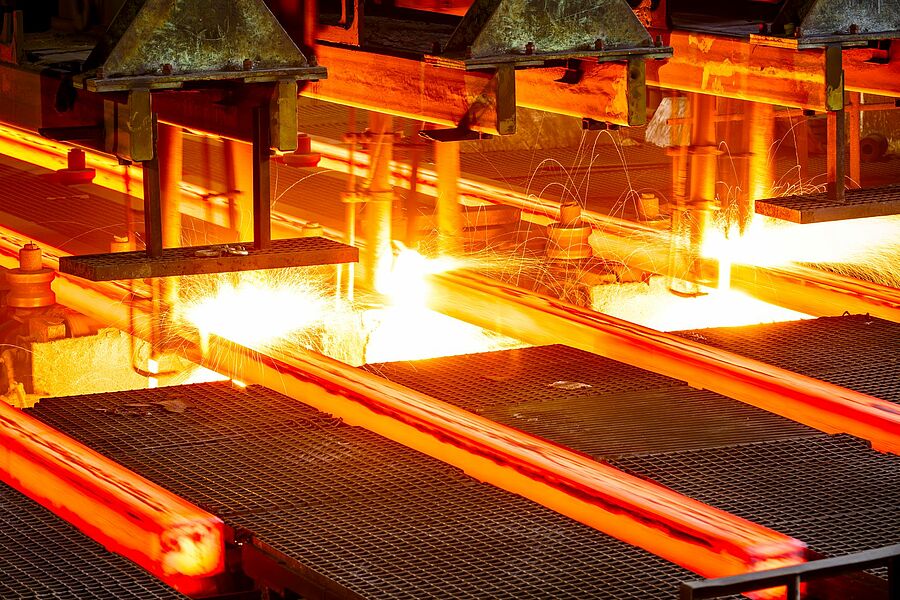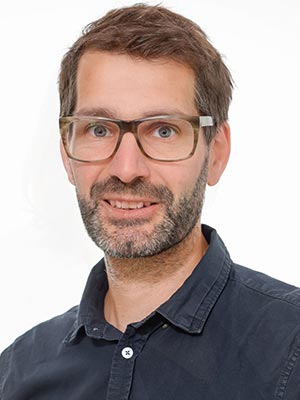Sustainable & flexible Manufacturing Systems
The primary goals in manufacturing industry are maximum product quality, throughput, and efficiency. A great challenge of the upcoming decades comprises an ever-growing governmental and societal demand for sustainability as well as minimising scrap, reusing it, and recycling end-of-life products.
Optimal manufacturing systems typically consist of a multitude of process steps which must work together perfectly and are coupled together by material flow. To cope with the complexity incorporated in the material characteristics, hierarchical control strategies for machine and process variables are applied typically to obtain desired product properties, which are not directly controlled. Our approach enhances this traditional strategy by closing the control loop with respect to the product properties, enabling (semi-)autonomous manufacturing.
Building on more than 10 years of experience and collaborations with the leading companies in the metal industry, we provide know-how on industrial-grade, real-time-capable communication systems in the context of the Industrial Internet of Things (IIoT) for plant manufacturers as well as plant operators. Additionally, we offer expertise in the design of advanced control solutions for machine and process variables as well as product quality.
Fields of application
- Heat treatment of metal products
- Metal forming
- Injection moulding
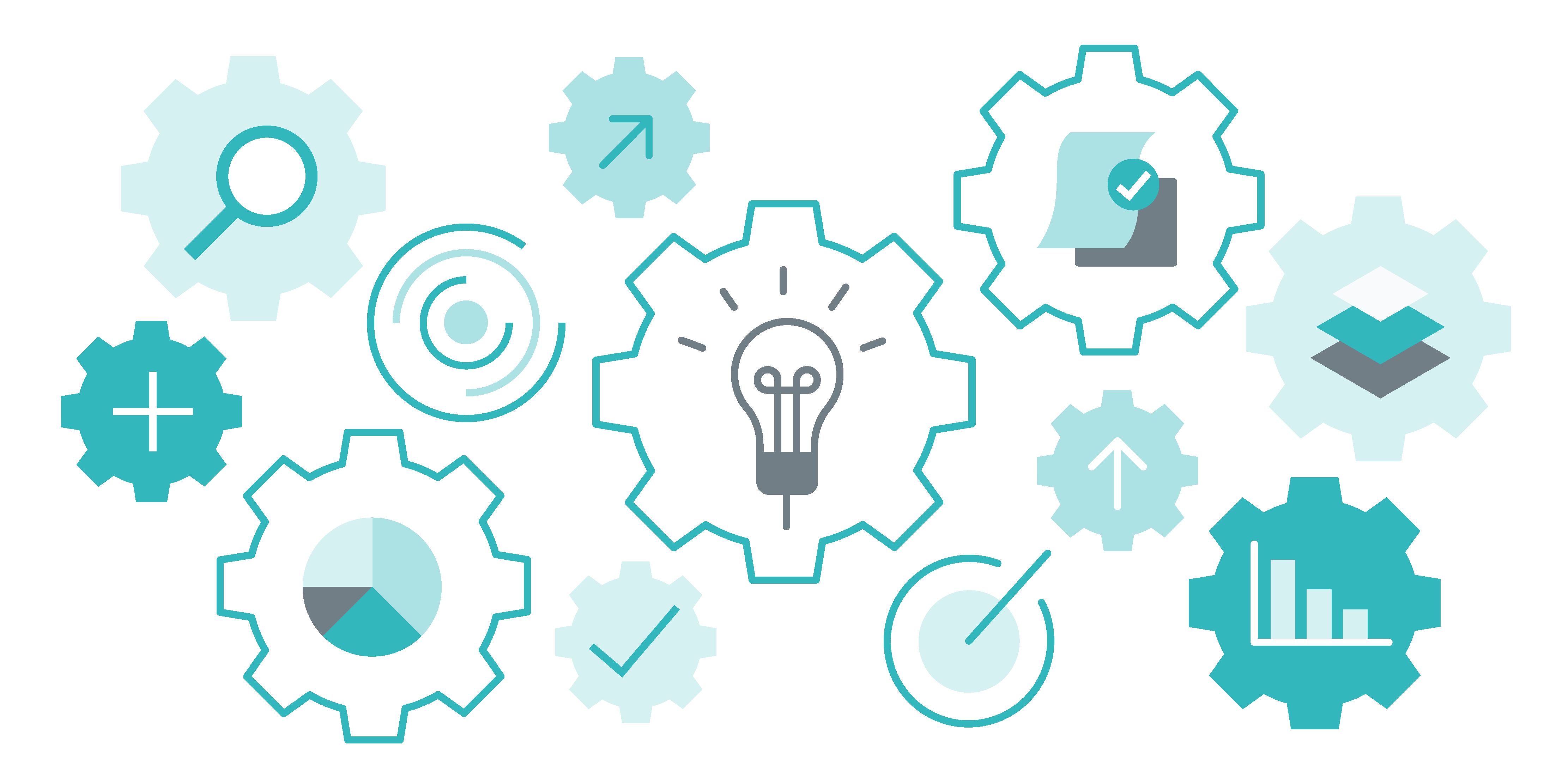
Optimal Process Control
Our solution to process automation built on a multi-level concept for contributing the relevant machine and process variables of an industrial facility. These optimised processes enable our clients to produce faster, more efficiently, or with higher quality. Depending on the specific task, we apply our tailored optimisation approaches to each layer of the multi-level concept. At the top level, intelligent scheduling and sequence optimisation increases production efficiency by decreasing idle states in production lines and softening transitions between various operating conditions for different products. At the bottom, model predictive control (MPC) forms our most successful solution for controlling process variables. With MPC, we systematically cope with changes in the optimisation criteria while systematically also taking physical and process-specific constraints into account. MPC is based on a tailor-made hybrid model which is capable of capturing machine and process variables. We draw additional benefit from using this model for the design of virtual sensors.
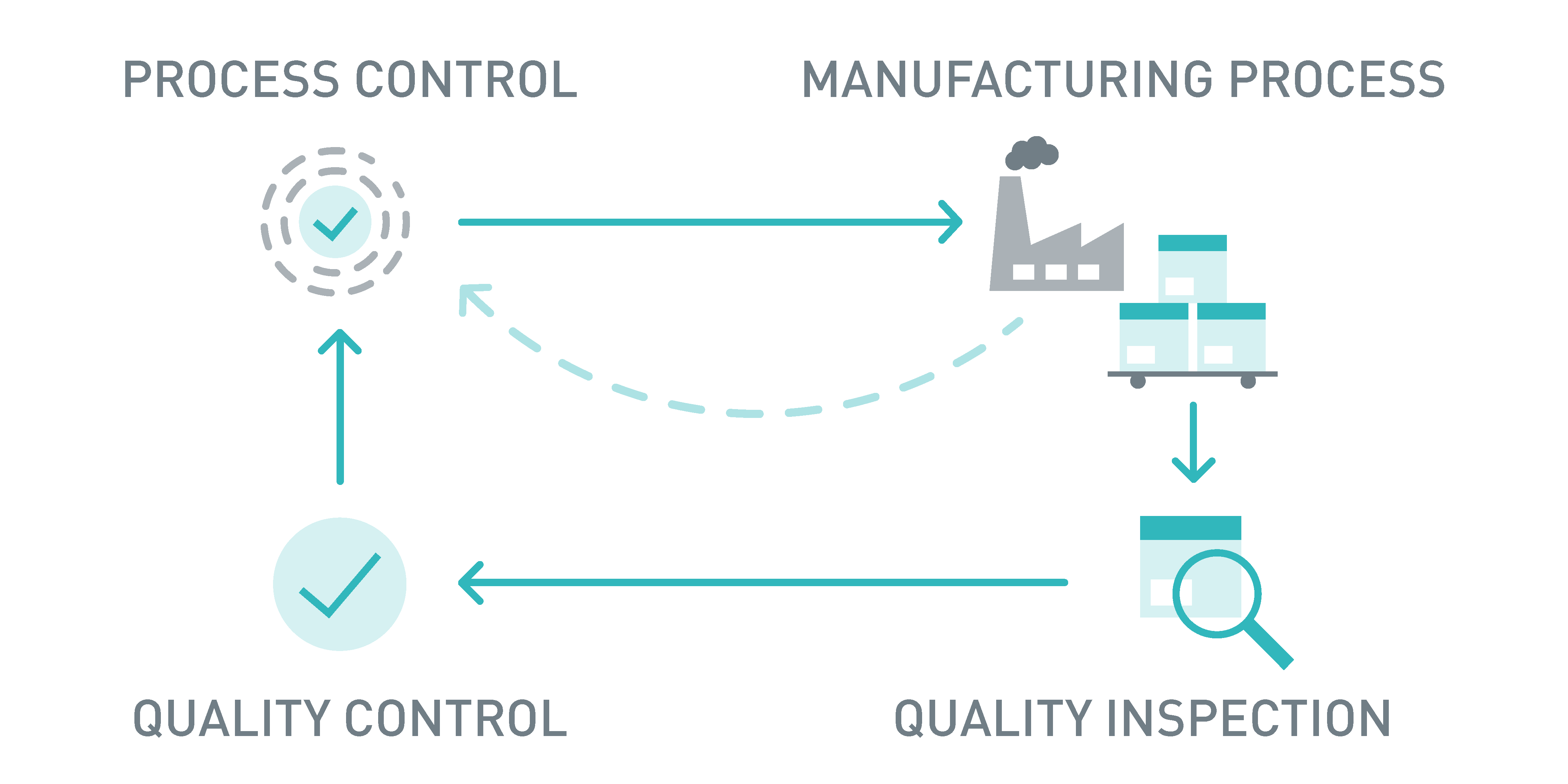
Product Quality Control
In nearly all processes, product quality is implicitly achieved by controlling surrogate process quantities, e.g., temperature. Their desired values are derived from laboratory experiments and then prescribed for the process as recipes. Our vision combines the latest hybrid material models to capture specific material properties with mathematical process models and enhanced control theory with the aim of directly controlling product quality. Accurate material tracking, e.g., following each material point through its processing steps, is essential to achieve this. The combination of material models, tracking and process data forms a so-called digital material twin. We employ this digital twin for an overarching control intelligence which enables top product quality and an inline quality assurance through optimal process parameters. We make use of optimisation-based methods and control design, as well as the most recent advances in statistical and reinforcement learning.
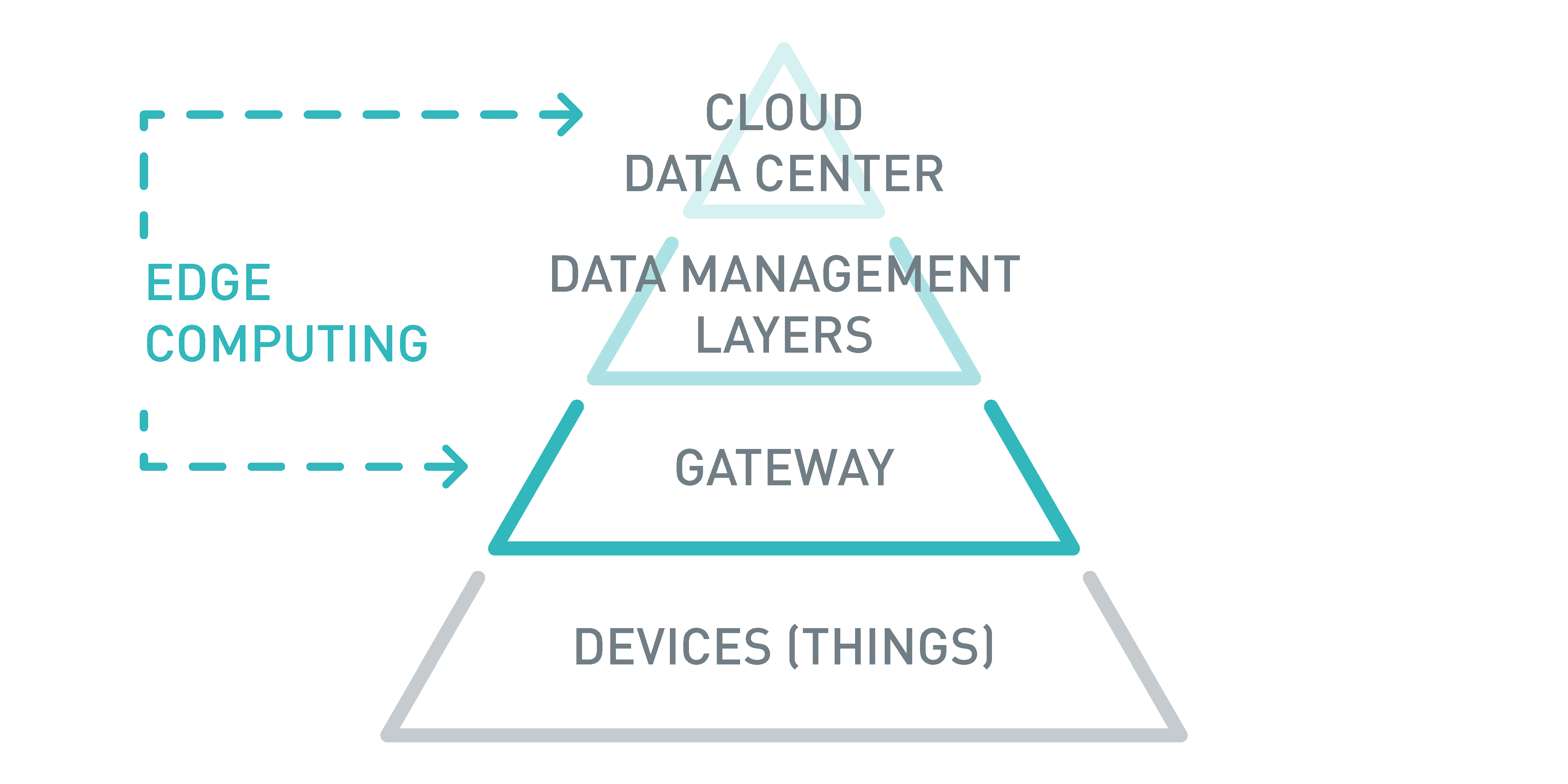
Industrial
Internet of Things
Our optimal multi-level control concepts require fast and reliable information exchange between versatile components, e.g., actuators, sensors, PLCs and IPCs. As part of a comprehensive system analysis and optimisation, we evaluate sensor and actuator concepts of brown field systems and offer advice on optimal placements of components to further enhance their performance. Key differences between brown field plants and state-of-the-art autonomous production lines become evident when looking at the underlying communication system. To expand the possibilities at the field level, our specifically developed, versatile Data Exchange System (CDES & MDES) strongly links OT to IT by connecting software modules with a PC, IPC, or across whole networks. Furthermore, our software modules may be encapsulated in containers in order to easily deploy them to edge devices or cloud infrastructure. Fuelled by an ever-increasing amount of available data and the advancements of AI in manufacturing systems, part of our research also deals with data storage and governance strategies.
Associated Research Topics
Research Groups Involved
